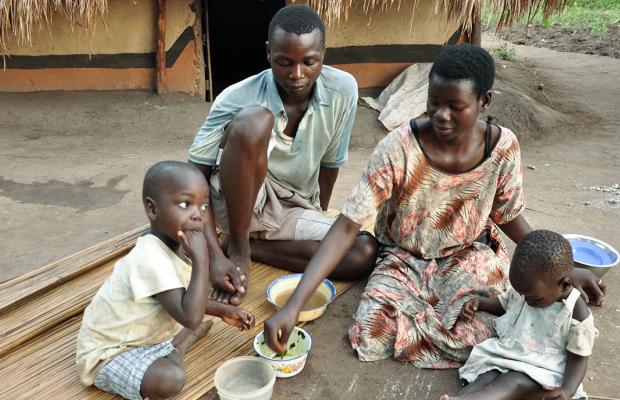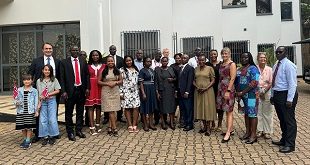
Kampala, Uganda | THE INDEPENDENT | The Covid-19 pandemic has driven four percent of Ugandans back into poverty, posing the toughest challenge ever for the country’s budgeting process.
It emerged as the government launched its 2021/2022 national budget process this afternoon that the year is ending with 25% of the citizens, that is a quarter of the population, back to living below the poverty line, an increase from 21% at the beginning of the year. The four percent new returnees to poverty amount to about 1.8 million people.
The 2021/2022 National Budget Strategy issued Thursday takes into account the fact that there will be reduced resources both domestic and external to fund the development plan for the next year due to the effects of the pandemic. The pandemic’s socioeconomic impact means the government has to put in place remedial measures to mitigate the direct impacts and recast the development agenda according to the strategy.
Next year’s budget will also be the first one implemented under the full programmatic approach to budget planning, organized in line with the 3rd National Development Plan under the theme: Industrialisation for Inclusive Growth, Employment and Wealth Creation.
According to the strategy, ministerial and agency plans will be in line with the NDP 3, but also influenced by the pandemic and its effects.
Before the onset of the pandemic, economic growth for 2020 was forecast at 6.7 percent, but has since been revised downward to 3.1 percent. The strategy aims at boosting this growth to 6 percent before growing at 7 percent per year in the midterm.
It also aims at creating of half a million jobs per year while per capita income should grow from the current 870 dollars to 1,198 dollars by 2025.
Minister Matia Kasaija warned that while some regions have progressed well, the economic inequality must be addressed, as abject poverty levels are dominating populations in other regions, with people unable to afford basic services.
The other major challenge facing the government is the low absorption capacity of allocations and slow implementation of government projects and the duplication of roles by the multiple government agencies which leads to over-allocation of resources.
Julius Mukunda, the Executive Director of the Civil Society Budget Advocacy Group, CSBAG urged the Prime Minister’s office to implement the two-year promise of restructuring the agencies as soon as the general elections are done.
The strategy also notes that there is uncompetitive cost of production especially with high energy costs and capital which have to be addressed.
It also targets to increase production, supply of goods and services as well as increased aggregate demand.
However, the Private Sector Foundation Uganda says some government policies are curtailing the growth in personal incomes, hindering the growth of the people’s purchasing power.
PSFU Deputy Executive Director, Francis Kisirinya cites the tax regime is not competitive compared with what is in the neighbouring countries and urges the government to take over the cost of the digital tax stamps which has led to high prices for consumers.
Minister Matia Kasaija assures the public that the rescue programs including tax adjustments, payment of domestic arrears and provision of low-cost financing for enterprises will go a long way in answering these concerns.
******
URN
 The Independent Uganda: You get the Truth we Pay the Price
The Independent Uganda: You get the Truth we Pay the Price



I don’t usually buy this news paper, but I can find time regularly to read important articles like this one